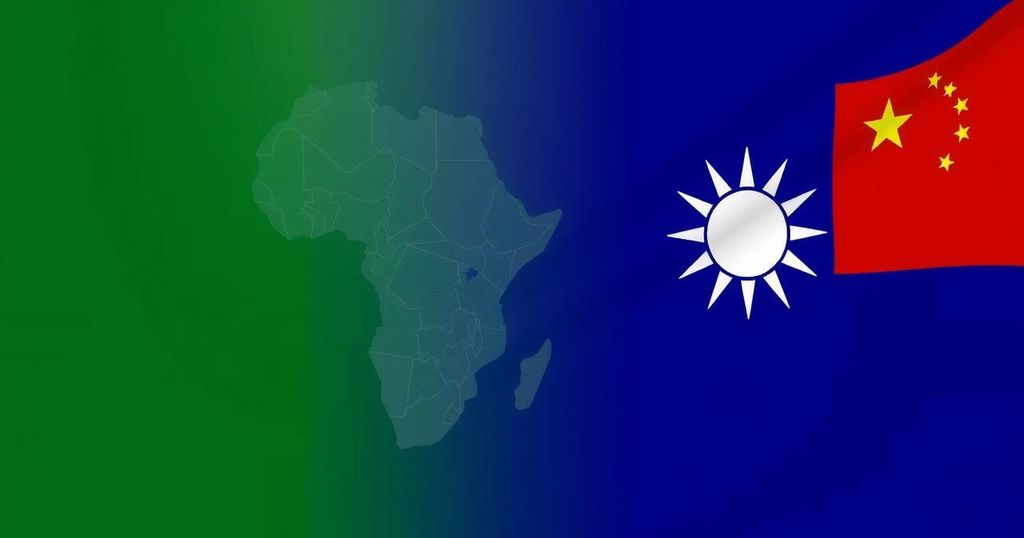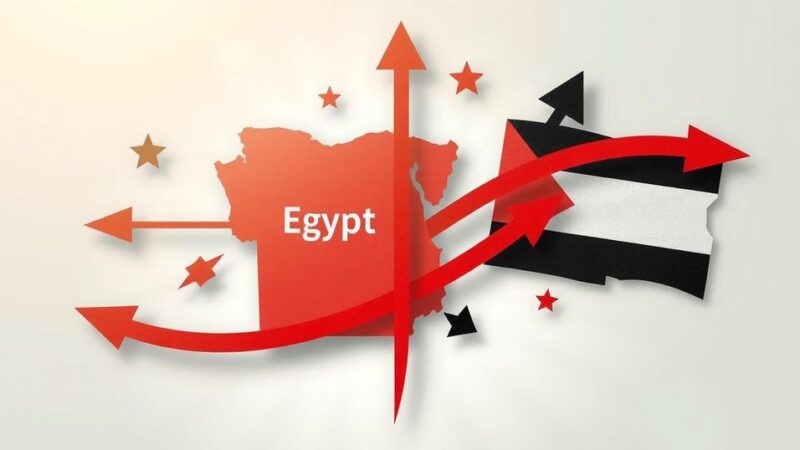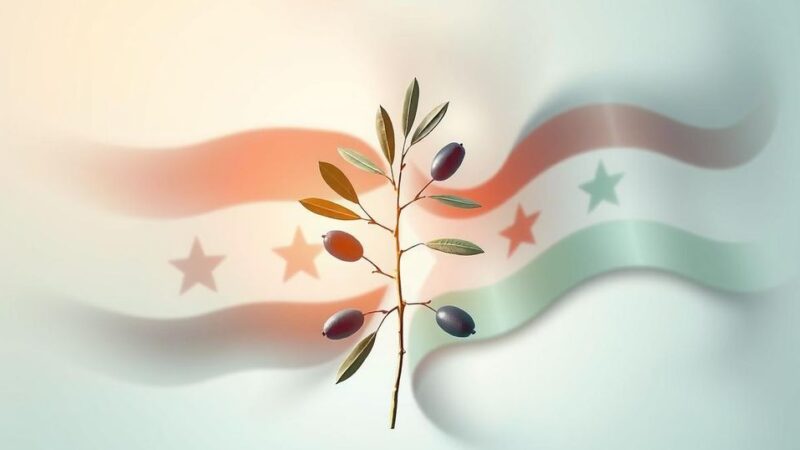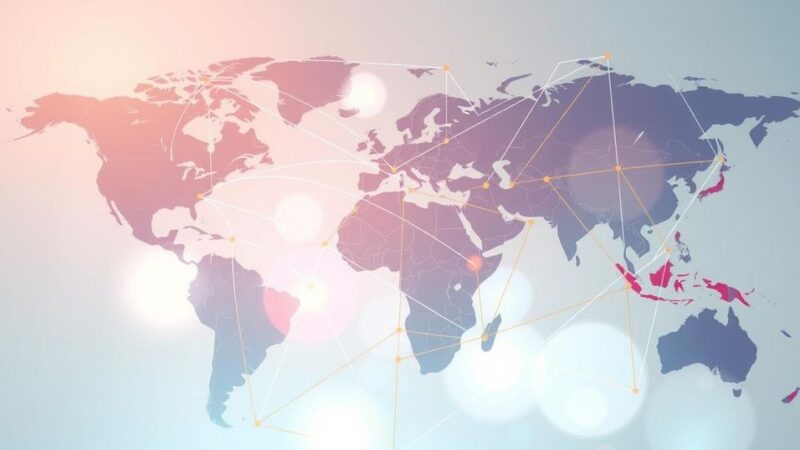South Africa has requested Taiwan to move its unofficial embassy from Pretoria to Johannesburg, signaling a downgrade in diplomatic relations influenced by Chinese pressure. This decision follows the ANC’s loss of its absolute majority and aims to reassure China of its continued partnership, despite opposition criticism of the shift.
South Africa has officially downgraded its diplomatic relations with Taiwan, reflecting the African National Congress’s (ANC) efforts to placate its longtime ally, China. Recently, the Department of International Relations and Cooperation in South Africa mandated that Taiwan relocate its unofficial embassy, known as the Taipei Liaison Office, from Pretoria to Johannesburg. This rebranding of the office to a trade office symbolizes a shift towards a non-political and non-diplomatic stance in South Africa’s relations with Taiwan. This decision aligns with the prevalent diplomatic practice which favors capital cities as the locations for foreign embassies. The Taiwanese government perceives this move as a response to Chinese pressure and has indicated a hope that South Africa might reconsider its action. Officials have been given six months to vacate the Pretoria office. In retaliation, Taiwan’s Ministry of Foreign Affairs has stated that it may implement reciprocal measures, which could include demanding South Africa relocate its operations from Taipei. Chinese authorities have reacted positively to South Africa’s decision, with Chinese Foreign Ministry spokesperson Mao Ning commending the government for its actions, stating, “Taiwan independence finds no support from the people and will only fail.” Political analysts attribute this shift to the recent changes in South Africa’s political landscape, particularly the ANC’s loss of its absolute majority and its formation of a Government of National Unity (GNU) with various opposition parties. The ANC is under pressure to reinforce its relationship with the Communist Party of China (CPC) despite the adjusted political environment. Observers note that this necessity arises from historical ties and the ANC’s desire to maintain its status as a reliable partner for China. Moreover, the Democratic Alliance (DA), which has historically criticized the ANC’s relationship with China, has expressed concern over the unilateral adjustments to the bilateral framework with Taiwan, citing potential external pressures influencing Pretoria’s decision. South Africa’s action follows a broader trend in which Chinese influence has led other African nations, such as Nigeria, to similarly curtail their diplomatic engagements with Taiwan. As China’s role as Africa’s largest trade partner solidifies, so too does its strategy of pressuring nations to adhere to the One-China policy, leaving Taiwan with minimal support on the continent. Recent aggressive military displays by China regarding Taiwan have also underscored the complexities at play in international relations across the region.
This article examines South Africa’s recent decision to downgrade its diplomatic relations with Taiwan, as part of a broader effort to manage its relationship with China following significant political changes within the country. The ruling ANC party has historically maintained strong ties with China, necessitating continued solidarity despite new political dynamics resulting from the coalition government. Deriving from this context is the complex interplay of political pressures and diplomatic strategies that influence South Africa’s foreign affairs, particularly regarding Taiwan, which China views as a breakaway province.
In summary, South Africa’s decision to relocate Taiwan’s liaison office underscores a significant diplomatic shift influenced by Chinese pressures, reflecting the ANC’s attempts to maintain strong ties with its traditional ally amidst changing political dynamics. The implications of this move resonate throughout the African continent, raising questions about the future of Taiwan’s diplomatic presence in the region as China reinforces its One-China policy amidst escalating geopolitical tensions.
Original Source: www.voanews.com






